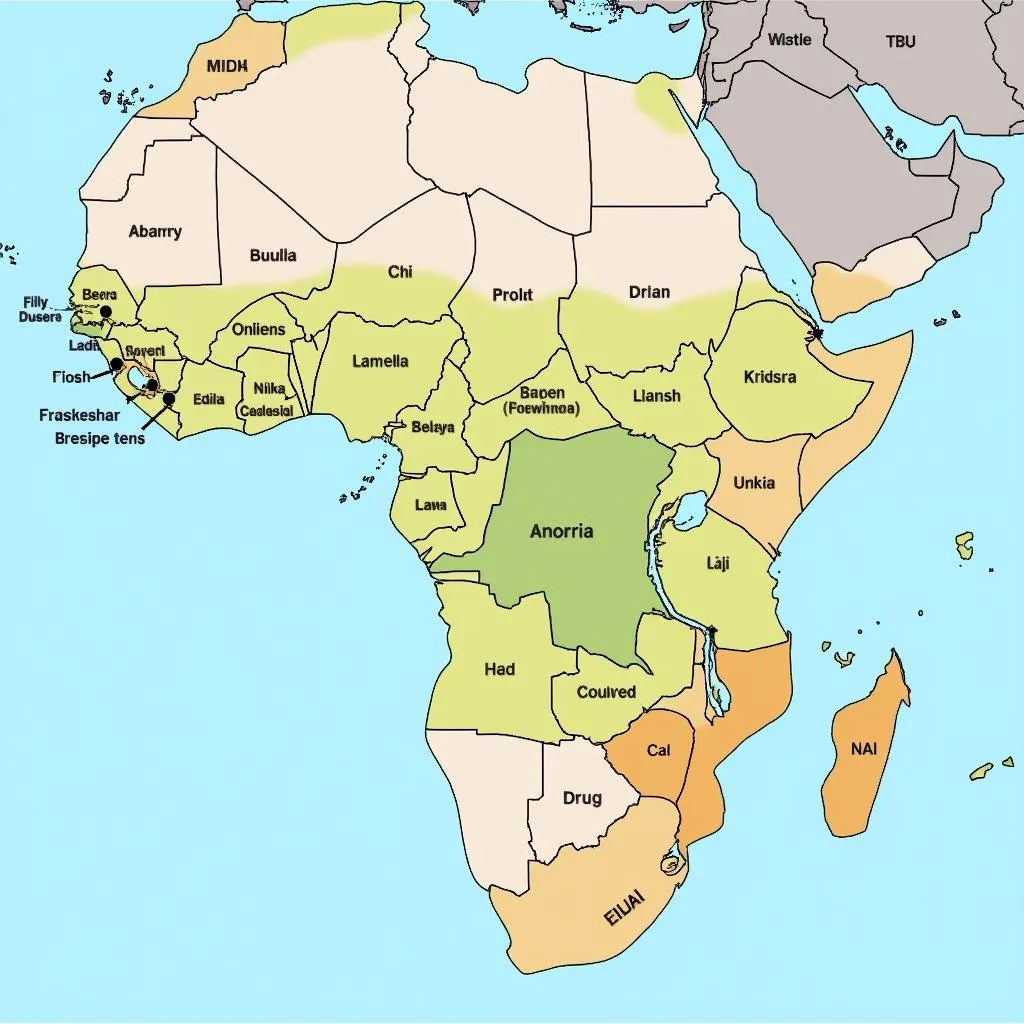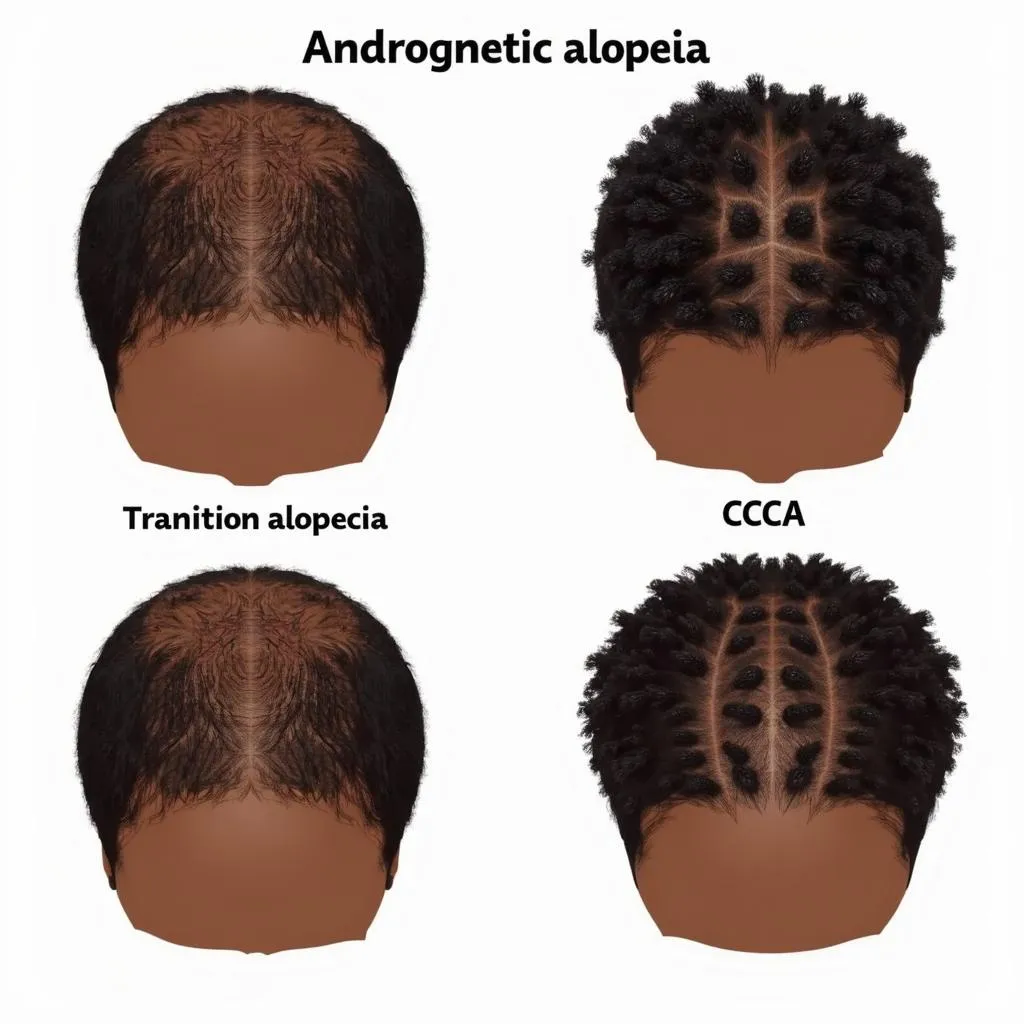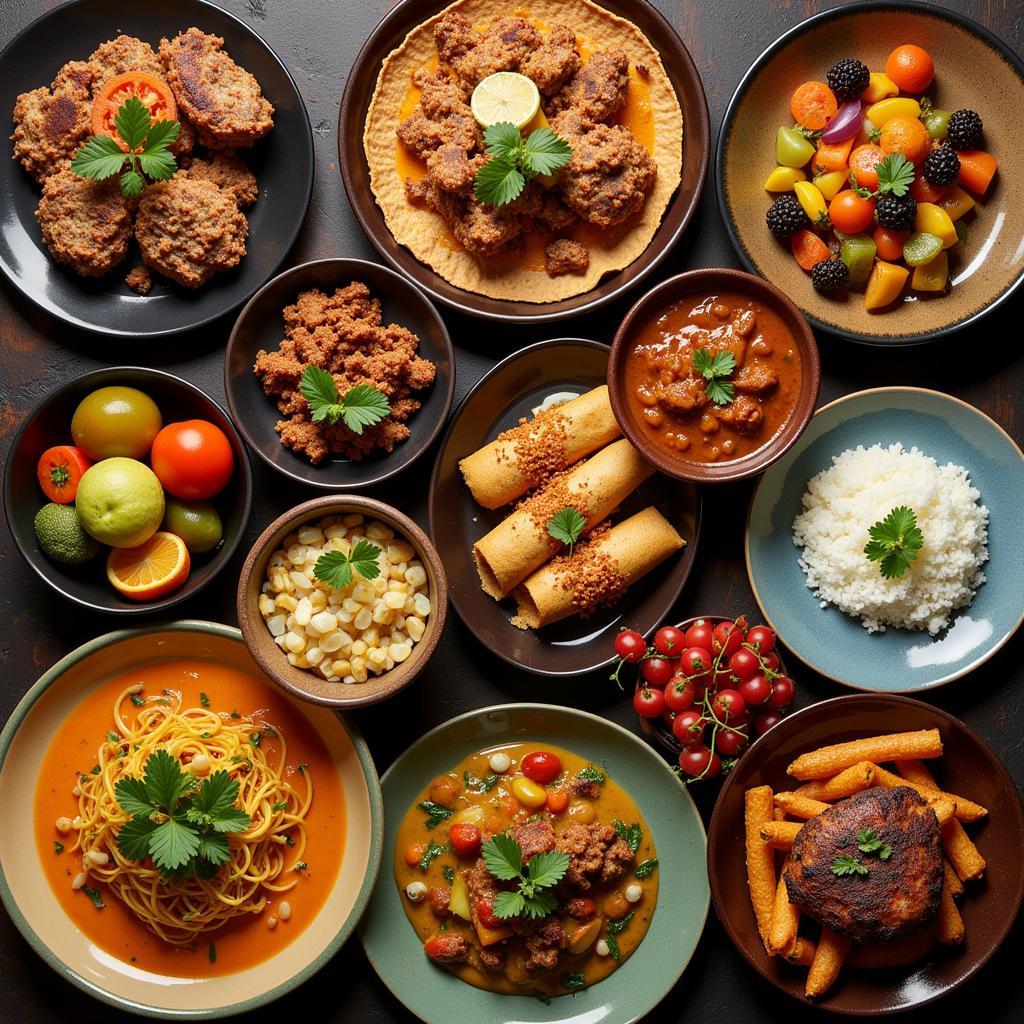The Shadowy World of African Drug Trafficker “Ike”
The name “Ike” echoes through certain corridors of the African continent, whispered with a mix of fear and fascination. While not a name known to the general public, within law enforcement agencies focused on drug trafficking, it represents a shadowy figure, a ghost operating with seeming impunity across borders. This “Ike” is not one individual, but rather a codename, a placeholder for an elusive kingpin believed to be at the heart of a powerful drug trafficking network.
Unmasking “Ike”: Myth vs. Reality
Very little is concretely known about “Ike.” Intelligence reports are pieced together from intercepted communications, informant whispers, and the occasional bust that exposes a tendril of the operation. Some believe “Ike” to be a Nigerian national, given the country’s unfortunate reputation as a hub for heroin and cocaine trafficking. Others posit connections to corrupt officials in various East African nations, facilitating the movement of narcotics through busy ports.
 Map of major drug trafficking routes in Africa
Map of major drug trafficking routes in Africa
The Modus Operandi: Sophistication and Brutality
What sets “Ike’s” network apart, according to experts, is a combination of logistical sophistication and ruthless efficiency. They utilize a complex system of couriers, often vulnerable individuals coerced through debt or threats, to move small shipments of drugs across borders, avoiding detection through sheer volume of movement.
There are whispers of connections to terrorist organizations, particularly in the Sahel region, with drug profits potentially funding extremist activities. This adds another layer of complexity and danger to dismantling the network.
The Human Cost: A Trail of Broken Lives
Behind the shadowy figure of “Ike” and the logistics of the drug trade lies a stark reality – the immense human cost. Vulnerable youth, often lured by the promise of easy money, become trapped in the cycle of addiction and crime. Communities are ravaged by drug-related violence and the erosion of social structures.
The Fight Back: International Cooperation and Local Initiatives
Combating a network as complex and deeply entrenched as the one attributed to “Ike” requires a multi-pronged approach. International cooperation is crucial, with agencies from various countries sharing intelligence and coordinating efforts. This is often hampered by bureaucracy and a lack of trust, highlighting the need for improved communication channels.
Equally important are local initiatives. Empowering communities to resist the lure of the drug trade through education, job creation, and providing opportunities for at-risk youth is essential in breaking the cycle.
The Future: A Long and Arduous Battle
The fight against drug trafficking in Africa, and the pursuit of elusive figures like “Ike,” is a marathon, not a sprint. It demands a sustained commitment from governments, law enforcement agencies, and the international community. More importantly, it requires a shift in focus from simply targeting kingpins to addressing the root causes that make communities vulnerable to the insidious appeal of the drug trade.




